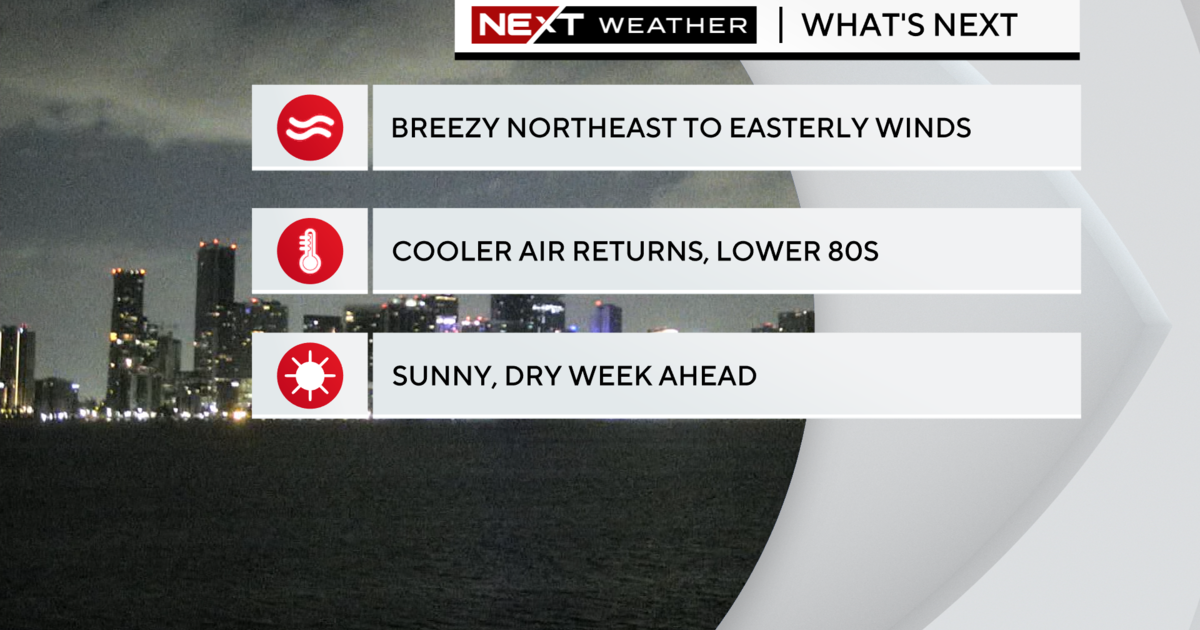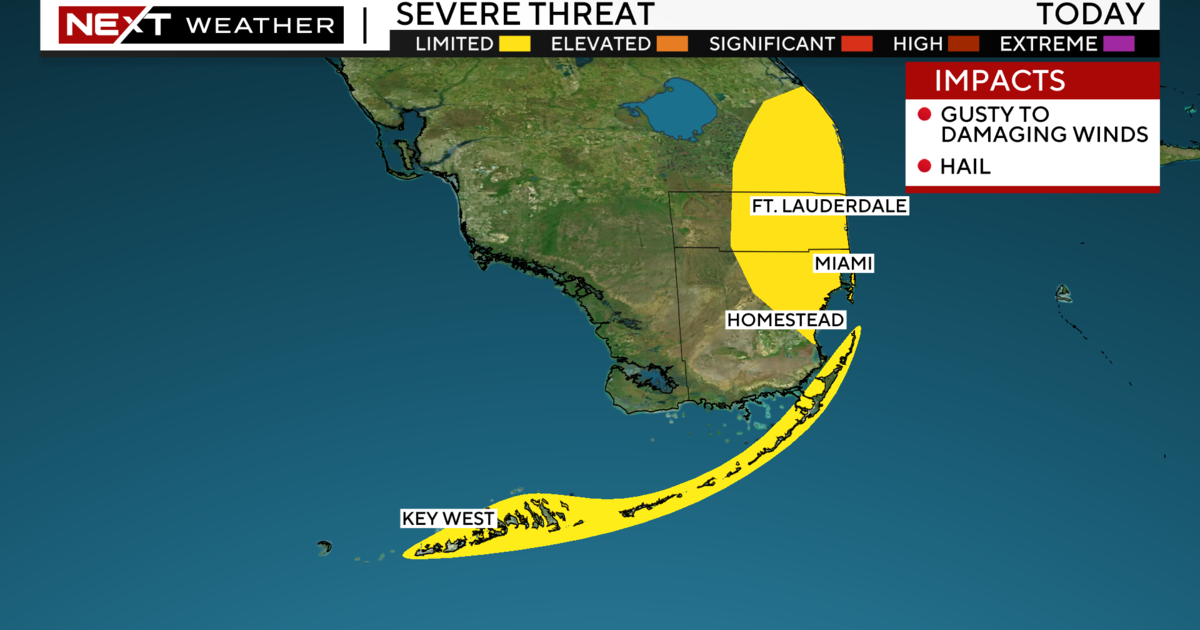Are Smart Electrical Meters A Smart Choice?
MIAMI (CBSMiami) – With the help of millions of dollar in federal funding, Smart Electric Meters are being installed in South Florida and nationwide as part of a national initiative to set up a so-called "Smart Energy Grid". More than 3-million have already been installed on South Florida houses, condos and businesses but some customers who have the device want it removed.
Using wireless technology, the meters allow power companies to know how much electricity you're using in real time. For customers, the so-called high-tech Smart Grid is aimed at tracking electricity and saving money.
"Through this technology, you can go online and manage your electric usage," explained FPL spokesperson Elaine Hinsdale, "But in South Florida and across the country, some consumers are concerned about alleged health concerns over the Smart Meters wireless signals. There are also concerns about privacy issues and wireless signals possibly being hacked, allowing them to be turned off without you or the power company knowing about it."
Isaiah Brock is a retired Air Force Sergeant who lives in South Miami-Dade.
He says shortly after FPL installed smart meters in his neighborhood, he started feeling sick and added, "It caused me to lose sleep. It caused me to have a whole bunch of headaches. I couldn't get my work done because I was constantly feeling sleepy and tired."
He blames the wireless transmissions from the new meters.
"I think it's come from either the radiation or the microwaves, that's what these things put out when they have the smart meters in there," said Brock.
Brock asked FPL to remove his new smart meter and replace it with an older model. Several neighbors also asked that their smart meters be replaced.
FPL agreed. The power company has confirmed it has replaced about 35-hundred smart meters after customer complaints.
FPL insists the new meters fully meet all federal safety standards and put out less electromagnetic radiation than other common household appliances.
"Studies have shown the radio frequency of smart meters are safe. Smart Meters are safe, the signal strength is miniscule compared to the other radio frequency devices in our homes," said FPL's Hinsdale.
Still, some public health experts like the University at Albany's Dr. David Carpenter say there's a continuing health debate over smart meters' transmissions.
Critics say they can affect some especially sensitive customers.
At least one California Community has already passed an ordinance prohibiting the Power Company there from installing any more Smart Meters until there have been more safety studies.
"There's absolutely no evidence that smart meters are safe but on the other hand there's no strong evidence that smart meters are dangerous," said Dr. Carpenter. "The evidence is now becoming very clear that certain people are very sensitive to electromagnetic fields and they experience things like headaches, reduced memory functions, sometime confusion, sometimes abnormal heartbeat and that's a concern."
So, can smart meter's "data calls" even be tracked and measured?
Dr. Faisel Kallem teaches electrical engineering and computer technology at Florida International University. With his help, CBS4 measured the signals coming out of local smart meters, including tracking the power meter's signals through his home's concrete walls into his den.
Testing also found smart meters typically put out less electromagnetic waves than other household appliances.
"We did have some readings and found out the readings are less than the FCC set regulations," said Dr. Kallem.
The Florida Public Service Commission said it is monitoring consumer complaints over Smart Meters statewide.
FPL said it's on track to complete Smart Meter installation over the next several months for its' Florida customers.
For now, it says it will delay Smart Meter installation or remove them if customers have any concerns.
Several other electric companies around the country are already charging customers to remove them and are considering extra monthly charges for any customers who need to have their older meters documented by a meter reader every month, instead of relying on the Smart Meter wirelessly transmitting their readings.
Dr. Kallem worries about another 'feature' of the wireless meters. If we can track and intercept the meter's signals, hackers can too.
"In simple language if a hacker wants to intercept the communications and modify it, modify the reading as, they can modify it before sending it to FPL. That's wireless and that is the nature of wireless communications," said Dr. Kallem.
FPL says it uses special encryption technology to protect customers' data and keep it out of unauthorized hands.
"Smart meters are safe and we ensure our customers' data is protected and secure," said Hinsdale.
However, the FBI posted a 2010 national warning about smart meter fraud by hackers in Puerto Rico.
The power company there estimated its' losses could approach $400 million dollars a year.
And even now the Internet is packed with articles about smart meter hacking and intercepting their wireless technology.
"There is no such thing as 100% security so that means given time anything can be hacked," said Dr. Kallem, who added hackers might even be able to turn off your home's electricity.



